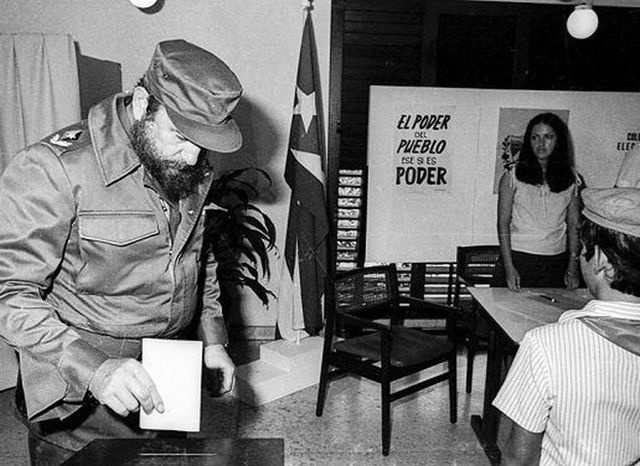We came to realize that Fidel Castro’s cynicism and evil knew no limits. Nevertheless, a large sector of the population glorified him.

14ymedio, Pedro Corzo, Miami, 28 July 2024 — I have friends who defend the military coup of 10 March 1952, led by General Fulgencio Batista. Others do the same with Fidel Castro’s attack on the Moncada Barracks on the 26th of July 1953. The two dates had tragic consequences for the Cuban nation, as anyone with even a passing awareness of the country’s history can attest.
As I see it, there is no historical justification whatsoever for the military coup while the actions of the 26th of July can be viewed as an act of revenge or retaliation for the disruption of the nation’s democratic processes.
Both events must be seen not as isolated events but as the main causes and consequences of the island’s ongoing drama, though the catastrophic results of the ultimate victory of the man who led the attack on the barracks have acquired a life of their own due to the magnitude of the event.
Batista had tasted power and enjoyed it while Castro, it seems, was willing to go all out for it
None of the participants in these unfortunate events could have foreseen what would happen, not even the main protagonists. Batista had tasted power and enjoyed it while Castro, it seems, was willing to go all out on a personal quest that would cast him as the righteous hero who could do anything and overcome everything. Someone for whom defeat, were it to come, would serve as just another step in his ascent.
We came to realize that Fidel Castro’s cynicism and evil knew no limits. Nevertheless, a large sector of the population glorified him in part due to our tendency to value heroism over


